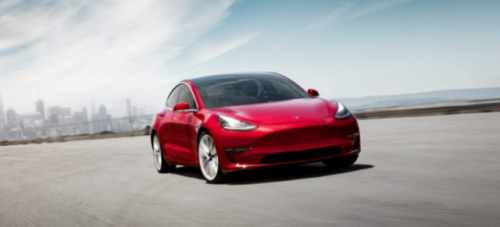Ministry of Environment announces legislation of amendment to the Enforcement Decree of the Waste Management Act
 viewer
viewer
While the market related to electric vehicle batteries is attracting attention as a new growth industry, the Ministry of Environment has come up with a new method for disposing of waste batteries that have been ambiguous. Accordingly, fierce competition to preoccupy the market from existing waste management companies to large companies is expected to unfold. In the market, the global waste battery industry is expected to grow to the level of 20 trillion won in 2030.
The Ministry of Environment announced on the 4th that the legislation was announced by March 17 of the Enforcement Decree of the Waste Management Act and the amendment to the Enforcement Regulations, including measures to dispose of waste batteries.
According to the amendment, precautions should be taken when recycling or disposing of used electric vehicle batteries in the future to prevent explosions or electric shocks from occurring during handling.
Accordingly, when transporting waste batteries, they must be individually packaged with a non-combustible and non-conductive cushioning material after undergoing insulation treatment or use a separate dedicated transport box. Also, when storing waste batteries, they should be stored in a dry place with good ventilation without exposure to high temperatures, fire, direct sunlight, and moisture. When the waste battery is recycled, the remaining capacity is measured in advance.
Currently, methods of recycling waste batteries are being discussed, such as reusing the battery itself and reusing it in an energy storage system (ESS), or disassembling the battery to extract the raw material, such as nickel. Considering that electric vehicle battery life is usually less than 10 years, experts predict that the market is likely to open in earnest from 2025 onwards. Hyundai Motor Company and LG Chem have already entered the related business. With the enthusiasm for ESG (environmental, social, and governance) investment, waste treatment companies that have recently attracted attention from the market are also likely to expand their business to the waste battery field. SK E&C announced last year to participate in the waste market by buying EMC Holdings, the largest environmental waste company in Korea, for 1 trillion won.
On the other hand, the Ministry of Environment also prepared a basis for recycling waste light-emitting diodes (LEDs), which had not been regulated by related laws so far, so that metal or non-metal resources can be recovered and reused.
/ Sejong = Reporter Seo Il-beom [email protected]
< 저작권자 ⓒ 서울경제, 무단 전재 및 재배포 금지 >
